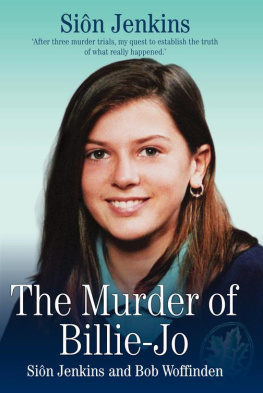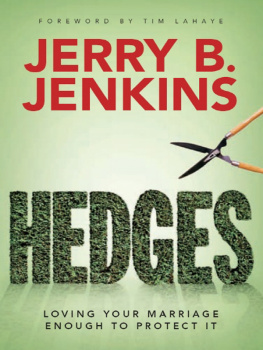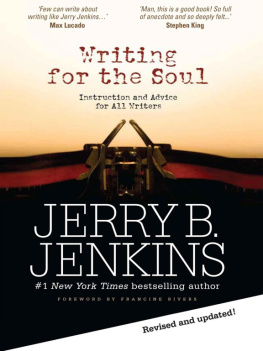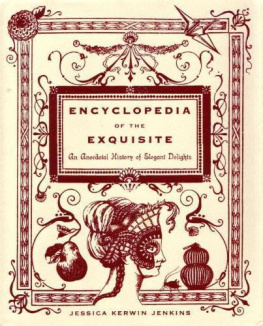I am an innocent man.
I was caught up in the justice system for nine years. Altogether, I have had to face: three murder trials, one in the historic No.1 court at the Old Bailey; a magistrates court committal hearing; and two appeals at the Royal Courts of Justice. Six full hearings in all. There have also been innumerable other interim court appearances, so that in total Ive spent more than nine months of my life in the dock in various courtrooms of England while others have decided my fate. Perhaps no one before in English history has ever had to endure such a lengthy ordeal.
My reputation had been systematically undermined from the moment I was charged. For years, many in the media have pursued a campaign of relentless hostility against me. Journalists thought they could write whatever they wanted about me and I became one of the most vilified people in the country. My faith in God was to provide me with the strength and hope I needed at my most desolate moments.
Accordingly, my first reason for wanting to tell my story is so that there can be a proper, enduring public record of exactly what happened. This record will naturally be shaped by my own perceptions; but it will also be informed by many thousands of pages of legal paperwork that have accumulated during the ten years that the case has been going on.
At about 3.30 in the afternoon of 15 February 1997, Annie, Charlotte and I got back from a trip to the DIY store. Wed only been out for about twenty minutes. We walked into the house, straight into this unbelievable, terrible scene. There was a moment when I was living a normal existence, surrounded by all that I knew and was comfortable with; then in the next moment, just as long as it takes to walk through a door, I had entered a world of nightmares.
I have had to look many, many times at photographs of the scene, both to prepare my defence with my lawyers and to assist juries at trials. They in no way represent what it was actually like.
When I found Billie, the scene was brutal, yet the air took on a particular stillness. It left me feeling disconnected from what I was seeing in my own home. The scene resembled a bloodbath in which poor Billies body was lying on the patio in a place where we as a family had spent many happy times. As I moved towards her, I saw what I saw very clearly; there were, as I now know, brain tissue, shards of skull and blood clots around her face. The scene was frightening and cold. I sensed in that moment that an evil had descended on our home. There was even a different smell. The room that we entered had changed, not simply because Billies crushed body was there. The atmosphere of a happy family home had gone; it had been replaced by a deathly aura.
The second reason for telling my story is the knowledge that someone killed Billie. I believe I know who murdered my foster daughter and I will not rest until he has been brought to justice. Since my acquittal, the police have made little progress in their inquiries, so it has become necessary for us to re-evaluate all the available evidence.
My third reason for writing this is that I hope it will help to prevent similar catastrophes from happening to others in the future. My case represents a series of blunders by all the agencies involved, either directly or indirectly, in the criminal justice process. If a high-profile case like mine is being handled so misguidedly, then it is reasonable to suppose that other cases, which are not receiving national attention and the same level of public interest, are also being dealt with incompetently.
When I was first convicted in 1998, Bob Woffinden, whom I did not know but who had been writing articles and books about miscarriages of justice during the previous ten years or so, wrote two articles about my case, in the New Statesman and the Daily Mail, in which he championed my innocence. At the time, I was immensely grateful to know those pieces had been published. They gave me enormous encouragement at one of my lowest points. I felt that someone was listening and it gave me a lot of strength.
The chapters dealing with my own direct experiences will be interwoven with ones written by Bob which relate what was happening in the case during my enforced absence.
My fourth and final reason for wishing to tell the story is more personal. All these years, I have grieved for my daughters, who have lost so much. They lived in a tranquil and happy family setting that was turned completely upside down. They lost all that comforting stability of childhood. In a very short time, they lost a sister, a parent and were separated from their paternal grandparents, aunts, uncles and everyone from my side of the family.












